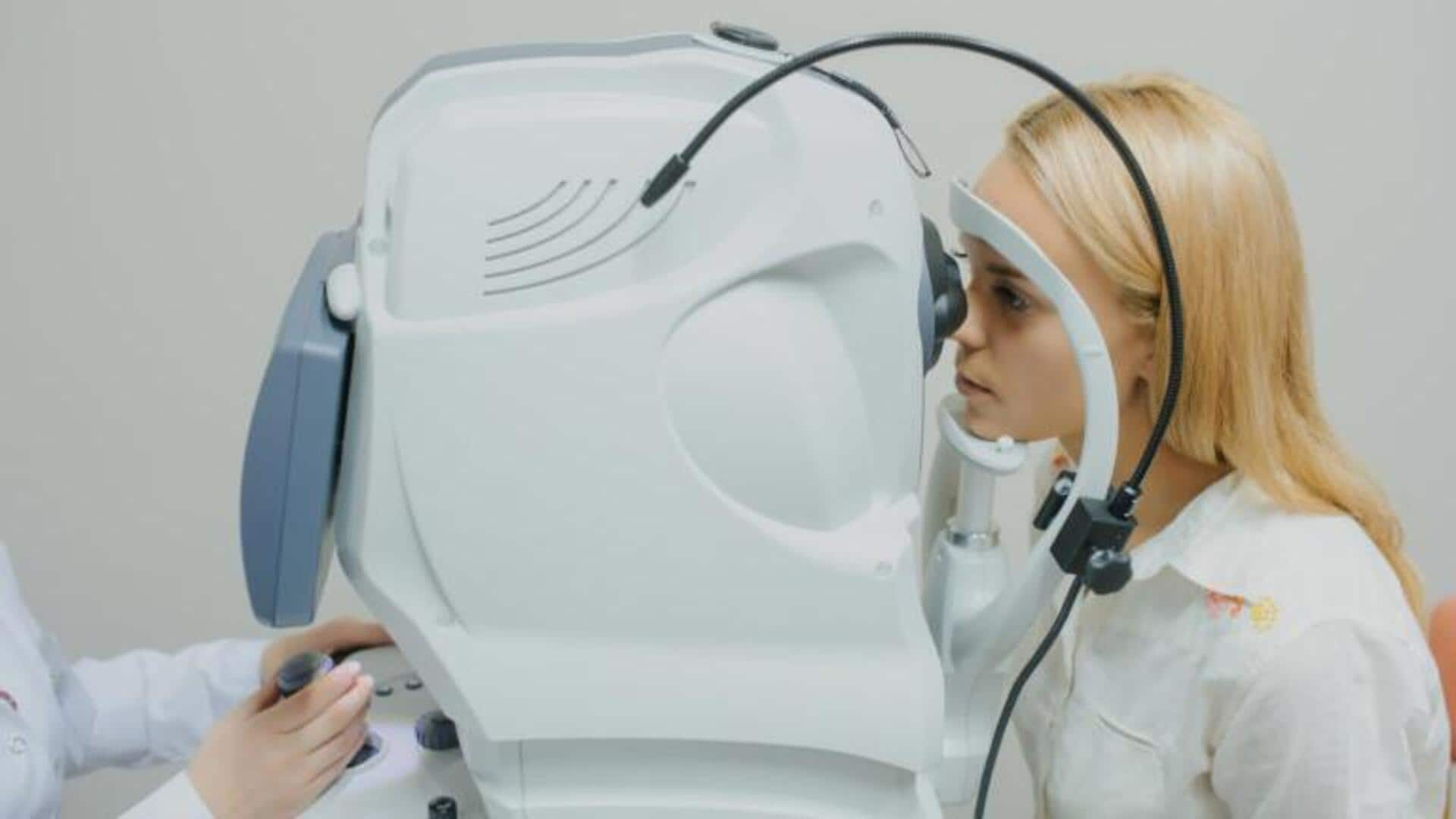
AI-powered eye scans could help detect dementia risk
What's the story
An artificial intelligence (AI) technology, known as Quartz, is changing the way we detect dementia.
The revolutionary tool can analyze eye scans within seconds, identifying key differences in the shapes and sizes of retinal blood vessels.
The blood vessels in our eyes act as extensions of those in our brains, which is why they are important for determining the health of our brains.
AI application
Quartz's role in dementia detection
Researchers at City St George's, University of London, used Quartz to analyze eye scans of more than 63,000 people aged between 40 and 69.
They then compared these results with the cognitive score of each person—obtained from tests measuring memory, reaction time, and intelligence.
The study found that those with retinal blood vessels showing reduced width and specific twisting patterns had lower cognitive test scores.
Health correlation
Potential link between retinal changes and brain health
The researchers speculated that changes in retinal blood vessels could be associated with decreased blood supply in the brain.
This change could possibly serve as an early cause or consequence of diseases such as dementia and Alzheimer's.
Professor Chris Owen, the lead author of the study funded by Alzheimer's Research UK, stressed that this technique could help identify people in the early stages of neurodegenerative conditions.
Future prospects
Integration into routine eye checks
Professor Owen suggested this technique could eventually be "seamlessly embedded" into the daily routines of high street opticians and eye clinics.
He called it an easily accessible, low-cost, and quick way to identify people at risk of developing neurodegenerative conditions in the future without invasive tests.
David Thomas from Alzheimer's Research UK also backed the idea, describing it as a gamechanger for early dementia detection.